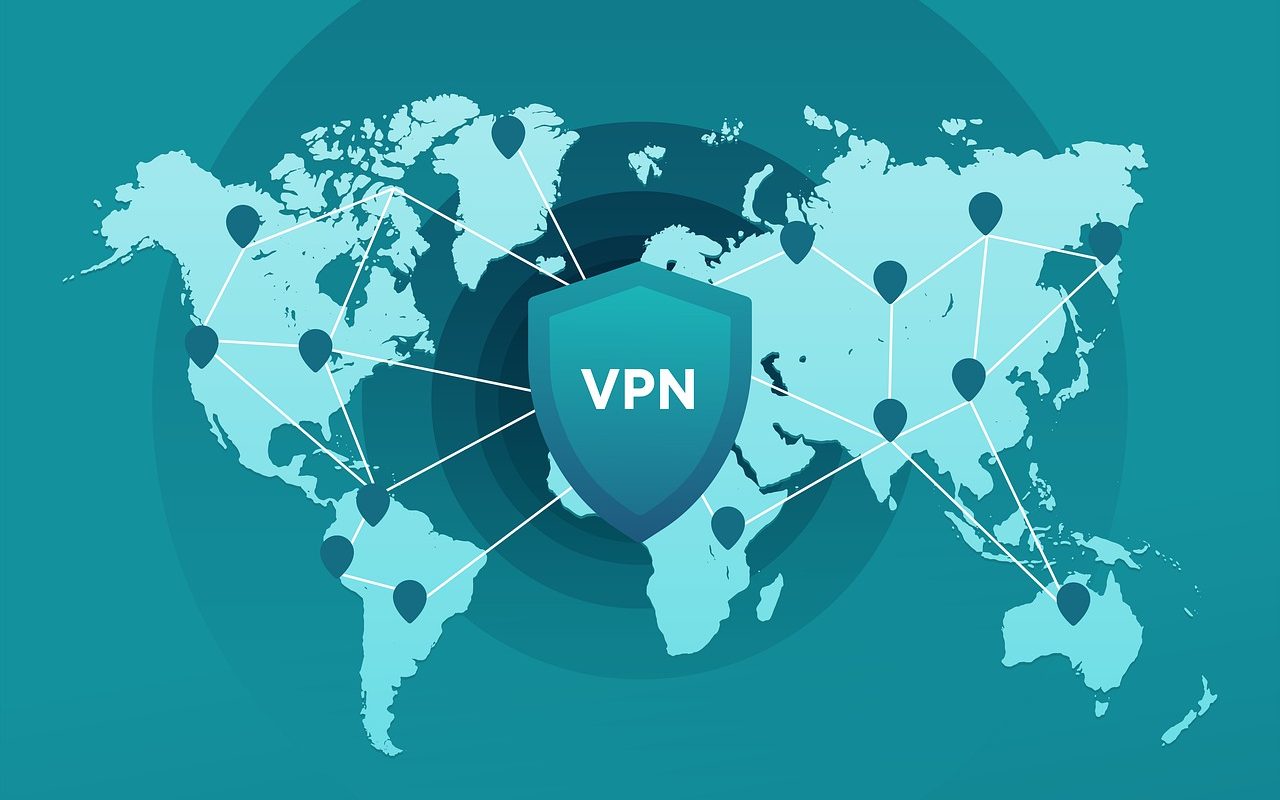Virtual private networks (FREE VPN) have been around for long, but many people don’t understand them. Due to the misunderstanding, there are many myths surrounding them. Here are the most common myths:
All VPNs are slow
While it’s true that VPNs slow down browsing speeds, this isn’t common in all services. The problem is common with free VPNs. The reason why the services are slow is because many people are using them.
Paid versions are usually faster and more secure as few people use them. If you want high speeds, avoid the free VPNs
VPN services are 100% secure
Although, service providers will show certificates from trusted certificate authorities, this doesn’t mean that your information is secure. An amateur may not be able to penetrate a link, but a professional hacker won’t have any problem getting access to secured data inside a VPN.
One of the most interesting cases is that of Iranian hackers that were able to get SSL certificates for Yahoo, Google, Mozilla and other online giants. They did this by spoofing Comodo.
If the hackers can be able to access certificates of these sites, there is no reason why they can’t access those of VPN service providers.
Before you use a VPN service take your time to understand the technology used by the service provider. As rule of thumb stay away from sites using secure socket layer (SSL) technology and early versions of transport layer security (TLS). The two are insecure.
To be safe, use service providers using the latest versions of TLS. In addition to this, encrypt confidential or sensitive data.
All VPNs are the same
This is very wrong. There are many types of VPNs in the market. The most common being: site-to-site, intranet-based and extranet-based VPN. Every type has its pros and cons. To choose the right service undertake plenty of research. It’s also wise that you get advice from professionals.
VPNs provide 100% anonymity
While the services allow you to access the internet anonymously, VPN service providers still keep some of your data.
The service providers keep your IP address, location, operating system and browser. They keep the information as in-house requirements or for legal reasons.

